In many ways, Dumbo feels like it should have been the first Disney animated feature.
Dumbo (1941)


In many ways, Dumbo feels like it should have been the first Disney animated feature.
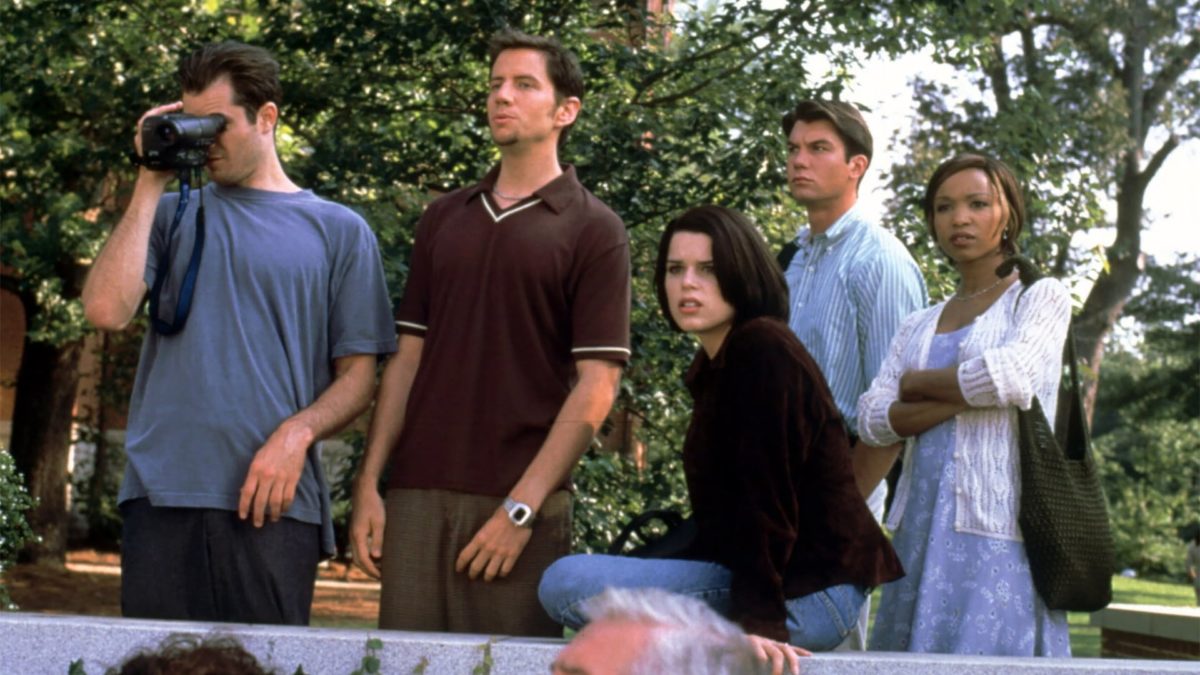
Everything about Scream 2 indicates a rush sequel job to the massive success of Scream, but it works, almost miraculously.

It’s 2021, so the “slasher, but meta” does not feel nearly as fresh and as clever as I’m sure it might have 25 years ago
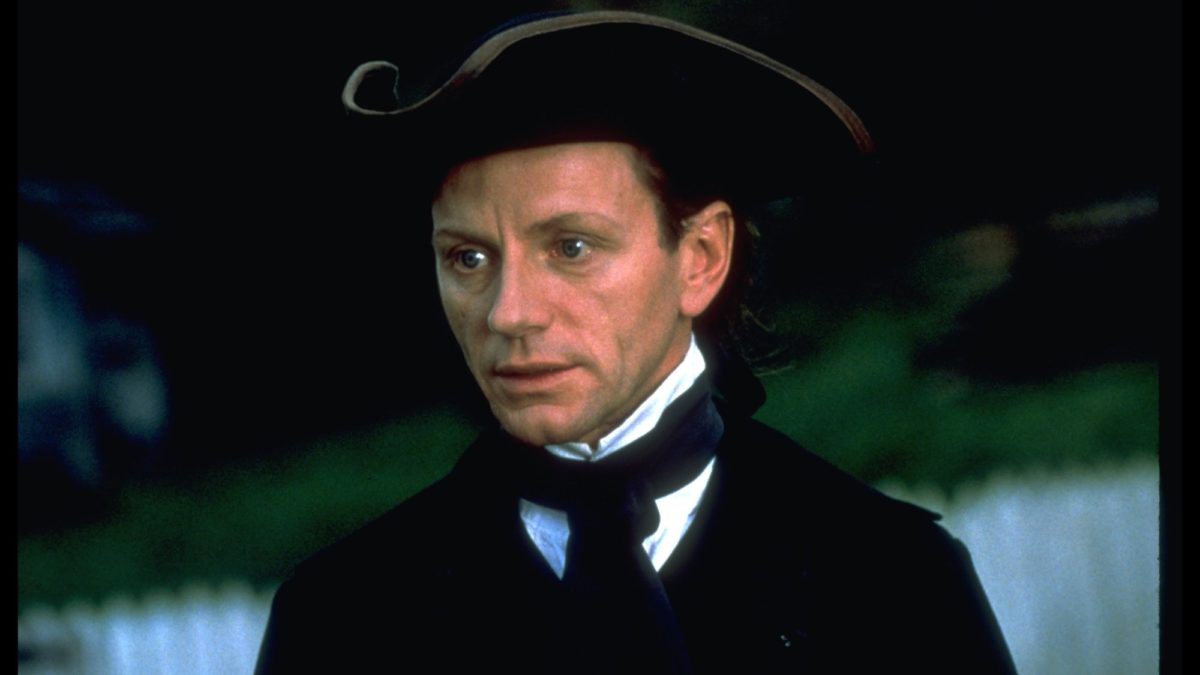
This week, I watched a whole bunch of Legend of Sleepy Hollow adaptations for an episode of The Goods: A Film Podcast, including this 1999 Hallmark made-for-TV flick.
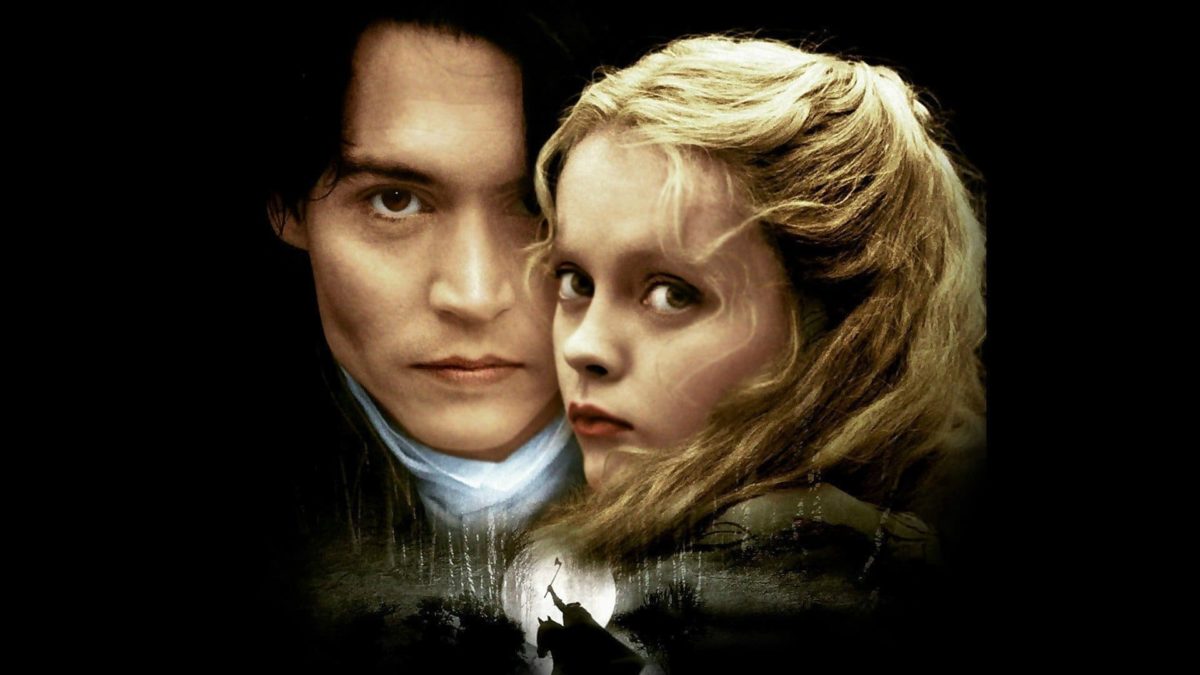
First, if you are expecting an adaptation with even a glimmer of fidelity to the source story, you will be disappointed.
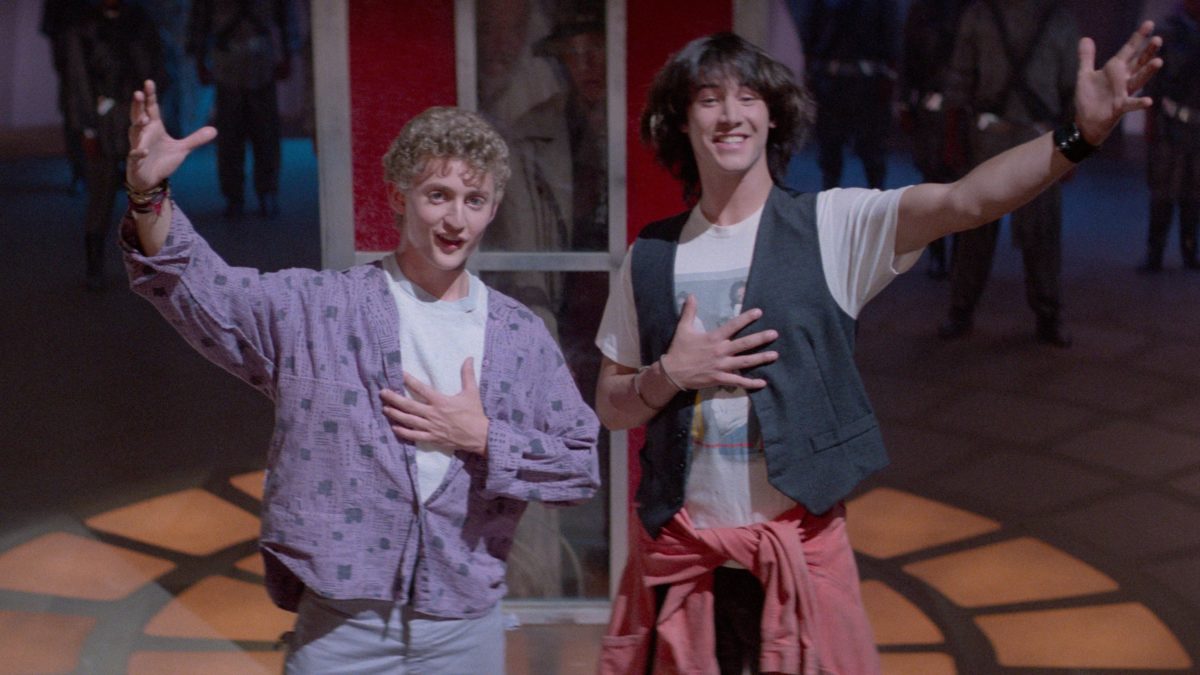
It’s tough to think of many other movies that are more cheerful than this one — it’s a movie where it’s easy to have a smile on your face during literally the entire duration without really realizing it.

Even when you’re a kid, you just know that this movie looks different from classic early Disney, even if you can’t put a finger on it:

Here we have two half-hour literary adaptations of beloved works, both charming and well-animated and lively, but with almost no reason to be packaged together.

A masterpiece of nothing.
That’s how Jonas Mekas describes his film about halfway through its nearly 5-hour runtime. You could honestly do worse as far as one-sentence reviews go.
Considering it’s sourced entirely from an archive of home films, you might be expecting a cinéma vérité life story, but what we get is almost the exact opposite. Artfully edited into a seemingly random order, clips typically span a few seconds with little context provided, sometimes distorted or double-exposed, almost always jittery. It’s visually hypnotic, almost hallucinatory.

The clips were recorded without sound, so the film’s audio is cobbled together from different sources. One is Mekas narrating poetic monologues reflecting on the nature of memory and life, recounting his process of revisiting decades of personal images. Auguste Varkalis provides a piano score that must have been improvised given its repetitive, untidy melodies. Lastly, Mekas includes snippets of white noise, ambient sound, TV/radio recordings, and other audio ephemera. (There’s also one memorable musical cue in the film’s final 10 minutes.)
The film is an intensely personal and intimate look at Mekas’s life. The large majority of clips are small moments like a picnic or snowy walk. In these scenes, you slowly gather a sense of the people in Mekas’s life, their personalities, and the emotional timbre of the Mekas family.
We also see a few really pivotal moments of Mekas’s life — moments I’m surprised he had the camera rolling — and I don’t want to spoil these because they genuinely surprised and moved me when I first saw them.
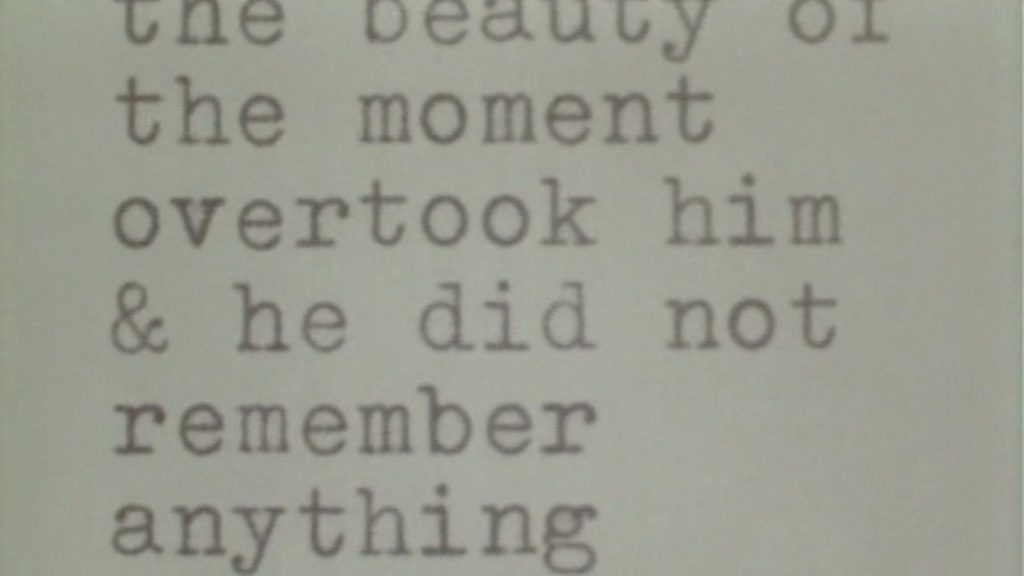
The film’s defining trait is its monumental length. Partitioned into 12 “chapters”, this film could be viewed in multiple segments like a serial. Indeed, I watched the film over three nights (mostly due to the lack of a 5 hour block). But the barriers between chapters are almost meaningless — this film is basically one extended stream of consciousness.
I’m ultimately a bit torn about the film. It is indeed a tour de force, creating a truly unique audiovisual texture that lulls you into a reflective, almost meditative, calmness. (I found myself getting sleepy frequently while watching, and not out of boredom.)
But Mekas’s reflections are fairly surface level — he embraces the past moments of beauty with unquestioning open arms. The film doesn’t build; it drifts peacefully, accumulating heft through sheer quantity. All of that is fine; even inspiring in an existentially healing sort of way. But the lack of dramatic punch makes 288 hazy minutes feel awfully indulgent.

Regardless, it’s impossible to deny that “As I Was Moving Ahead Occasionally I Saw Brief Glimpses of Beauty” is an astonishing achievement and moving piece of art, one I recommend to any cinephile with a large appetite for the avant garde and extended rumination.
(Update 2/23: I was excited to see As I Was Moving Ahead… selected as one of the 250 greatest films of all time in the recent Sight and Sound poll.)
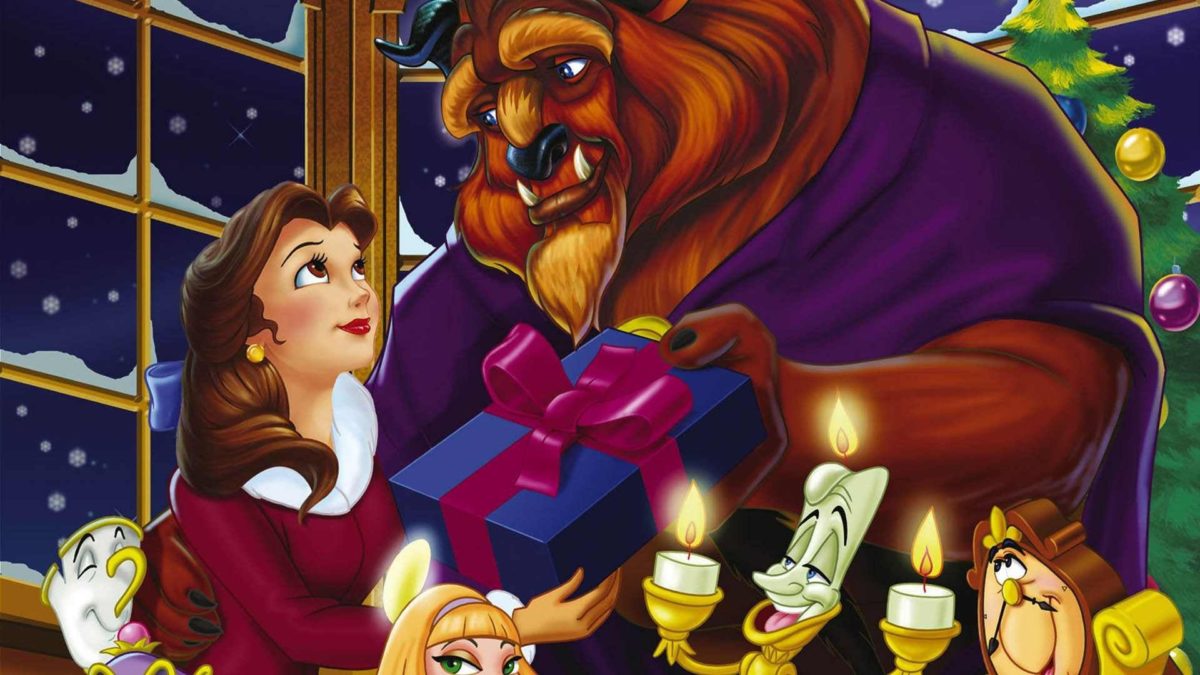
Despite suffering through the nightmarishly bad Belle’s Magical World the previous day, my daughters were up for still more Beauty and the Beast content last night, so we streamed The Enchanted Christmas.